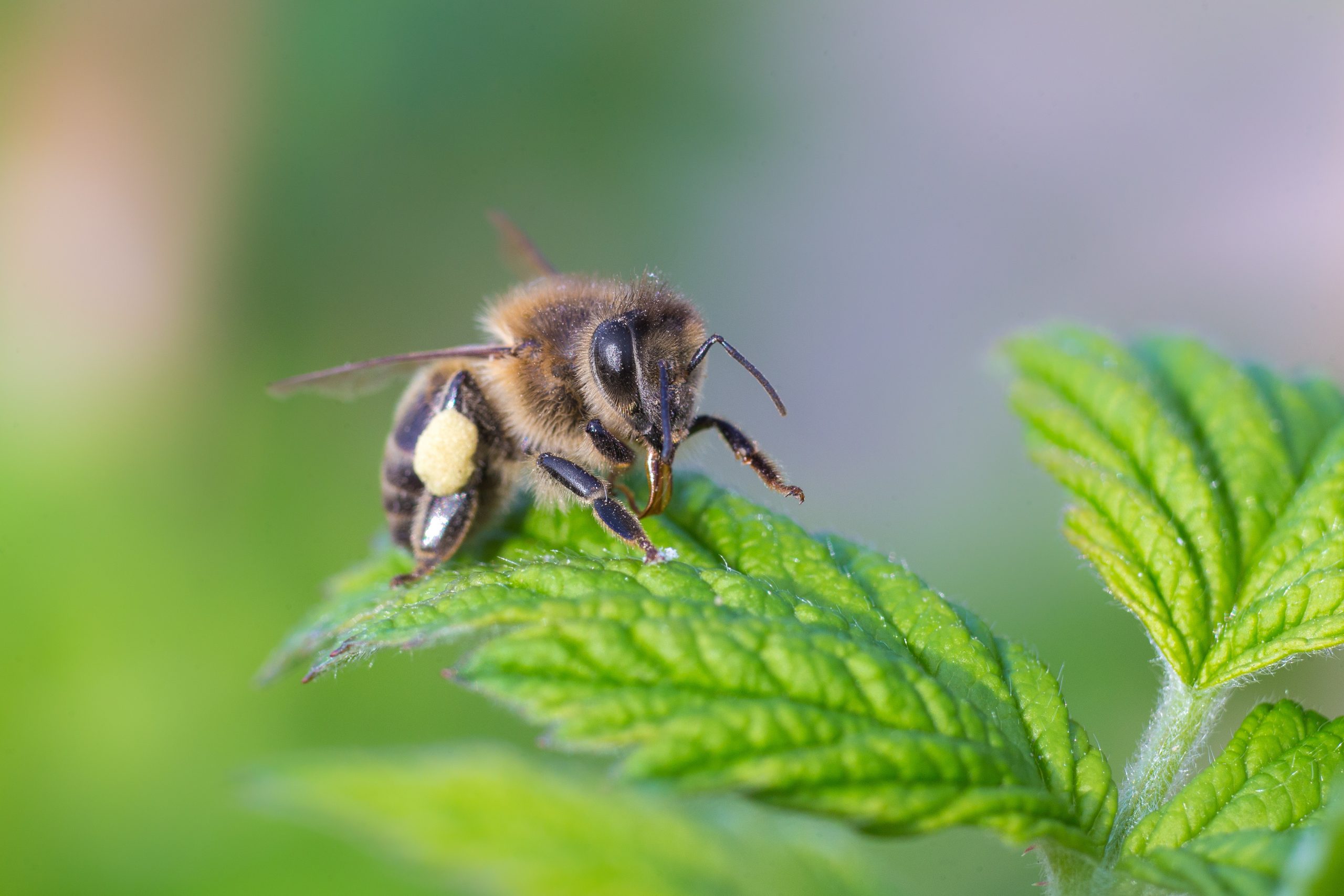MD Coalition Critical of State Pollinator Plan
August 05, 2016
Bee Colony Collapse, Honey News, Honey Bees
In recent months, there have been legislative efforts in various US states to place restrictions on pesticides (specifically neonicotinoids) that are believed by some experts to be harmful to honeybees and other pollinators. Maryland in particular has led the charge by its General Assembly passing the first statewide consumer restriction on neonicotinoids earlier this year, with many of its actions expected to come into effect in the next few years. While this is a momentous achievement in terms of protecting and preserving pollinator populations, there are some in the state of Maryland saying that the plan for honeybee protection is inadequate for achieving that goal.
Specifically, a coalition of scientists, beekeepers, environmentalists, and other advocates are of the belief that Maryland’s proposed Managed Pollinator Protection lacks "regulatory actions" and stakeholder input, as well as making little mention of the effects pesticides actually have on bee populations. This coalition, Smart on Pesticides Maryland, also stated the plan has "no provision for new funding, programs, or regulations" and relies on only "voluntary adherence to its guidelines."
"It's ironic that just as Maryland has become a national leader in restricting pesticides that harm and kill bees, the Department of Agriculture puts forward a pollinator protection plan that doesn’t adequately address pesticides," said Bonnie Raindrop of the Central Maryland Beekeepers Association. As well, the coalition also criticized the plan of having an "insufficient representation of beekeepers, organic and produce farmers, and independent scientists and entomologists with expertise on risk factors for bees."
Ruth Berlin, executive director of the Maryland Pesticide Education Network, also said of the issue: "This plan is in need of significant improvements and more input from experts if we are to proactively protect bees and other pollinators in the future. To ensure transparency, we hope MDA will respond to our suggestions in a public fashion, just as if this plan were a new regulation."
In speaking specifically about honeybees, the USDA has made many reports regarding the decline of honeybees in the last few decades, with many surveyed beekeepers reporting losses of up to 40 percent just last year. Such losses in the number of colonies, as well as increases in incidents of colony collapse disorder, have been attributed to pesticides, malnutrition, disease, loss of habitat, varroa mites and other pests, and many other factors. While pesticides are merely one piece of the puzzle, reducing any effects they have on pollinators can go a long way, so hopefully Maryland can also lead the charge in finding adequate solutions in eliminating the harmful ones from the market.


.jpg)




